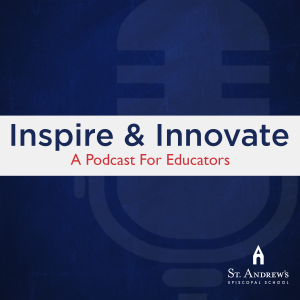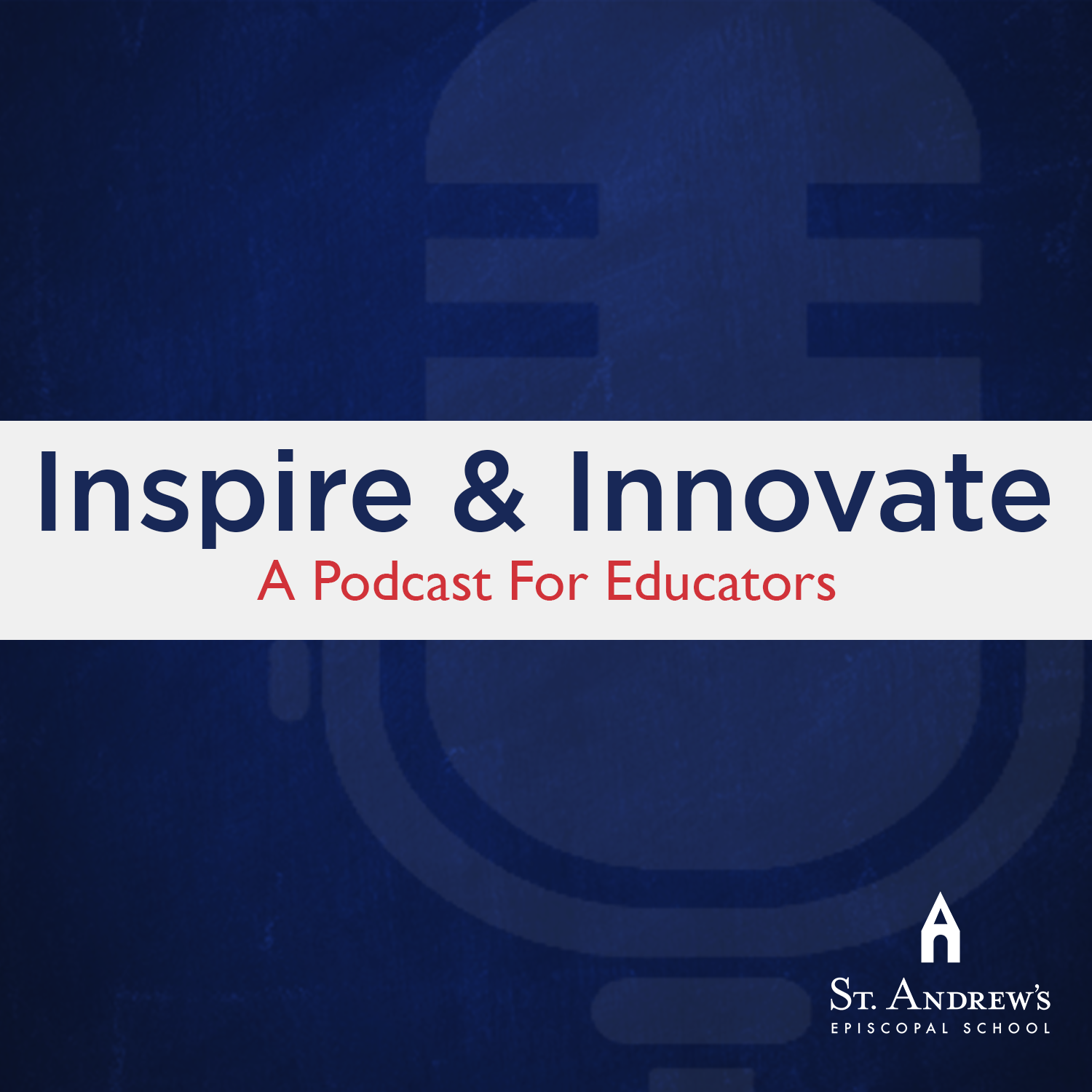Episodes

Tuesday Oct 29, 2024
(Season 8, Ep. 1) Can We Talk about Building Resilience?
Tuesday Oct 29, 2024
Tuesday Oct 29, 2024
Have you noticed that kids just aren’t as tough as they used to be? Do you wonder why so many hands come up with so many questions the minute you assign a task? Did you read that recent article about how elite college students no longer even have the sticktoitiveness to read a full book? Do you wish your students could persevere a little longer, bounce back a little faster? Today’s episode: “Can we Talk About Building Resilience?” is going to address just that. Hosts Toby Lowe, Rachel Scott, and Julie Rust were lucky to be joined by special guest UMMC Child and Adolescent Psychiatry Fellow, Dr. Peyton Thigpen, as well as our three incredible school counselors: Courtney McGee, Shedrick Rogers, and Chelsea Freeman.
1:12-3:30: Toby introduces the theme of resilience by telling a success story about a fifth grader he taught, asking “what was it about this kid that made her decide ‘I’m going to give this a try’?
5:55-6:25: Courtney McGee, Lower School Counselor, introduces resilience and how it fits into CARES (cooperation, assertiveness, responsibility, empathy, and self control) programmatic model.
7:16-9:00: Shedrick Rogers, Middle School Counselor, argues that kids are more resilient than we often give them credit for; perhaps we need to have more patience that we are not the end point in their journey.
9:40-11:25: Chelsea Freeman, Upper School Counselor, campaigns for getting more comfortable with discomfort in her homage to Damour’s book, The Emotional Lives of Teenagers.
12:49-14:10 : Dr. Peyton Thigpen encourages educators that the adults that had the most impact on us as children most likely challenged us to do hard things: “I’m not going to take your worst work; I know you have more potential than that.”
14:11-17:10: Shedrick argues for the importance of consistently high expectations for youth in all areas: academics, social life, etc.
17:11-20:03: So how do we actually help youth that are uncomfortable in the struggle? The good news is many of these skills can be taught, having social support and connection is vitally protective, and our school counselors have myriad tools to share.
20:04-22:52: How can we best support the youngest students in our lives? Courtney and Peyton advocate for giving youth insight for recognizing their emotions, sharing language for naming them, and modeling strategies for coping.
22:55- 29:38: Toby asks the million dollar question: how does all this resilience stuff take on a different note when it comes to us parenting our own kids? (Note: Julie found some solace in an episode of Hidden Brain featuring an interview with psychologist Peter Gray entitled “Parents: Keep Out!”)
29:40-31:05: Why we need to be the thermostat rather than the thermometer when it comes to our interactions with youth.
31:10-39:00: Guests sagely address our first teacher-generated question: With attention spans and the ability to maintain sustained focus decreasing, specifically in upper middle school grades, how can we help students understand that they can, in fact, learn how to focus even at the age of 13?
39:20-43:35: Our second teacher-generated question elicits the comforting advice of “don’t change a thing; the conditions you are creating are the perfect recipe for building resilience!”
My AP World History class is the first AP that students can take in the HS. The curriculum, set by the College Board, is extremely rigorous and fast paced. It's not unusual to have students crying in my office mid-September, but by the end of October, they seem to get their "sea legs" and begin to see improvement. I start the year advising them to work hard and trust the process. I continuously encourage them and teach skills along the way, but I still have meltdowns. What can I do better in the early days to help students understand that it's a marathon, not a sprint, and that their grades WILL improve? (Some have never earned B's or C's before and you'd think it was the end of the world!). Thanks!
45:02-47:45 : The episode ends on a “yay rah go teachers” note. Because you all are awesome, and by simply building connections with students, you are building up their resilience.


No comments yet. Be the first to say something!